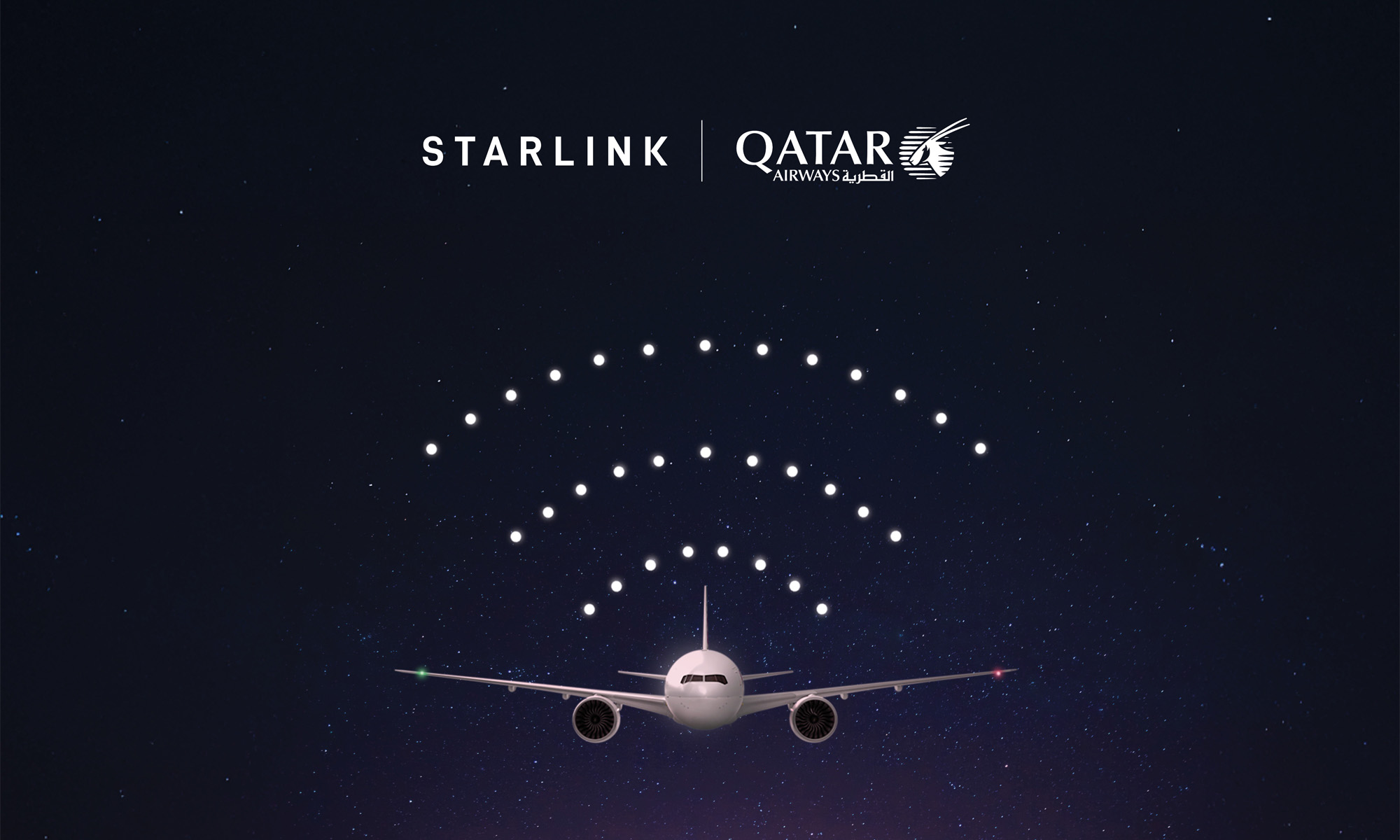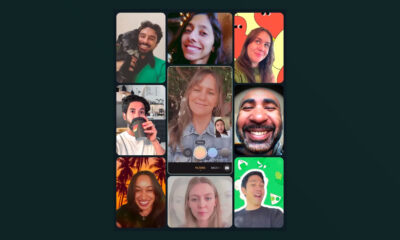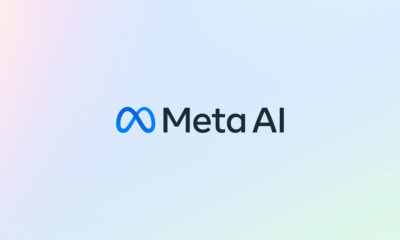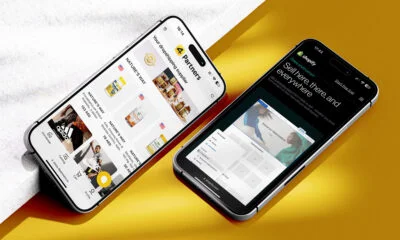News
WhatsApp Explains What Will Happen When Users Don’t Accept Its Privacy Changes

WhatsApp’s updated Privacy Policy has been causing a lot of anger and confusion among the Facebook-owned instant messaging and voice-over-IP service since it has been released on January 4. Now, WhatsApp has finally explained what will happen to users who don’t accept it.
The new Privacy Policy states, among other things, that WhatsApp receives information from other Facebook companies and provides information to other Facebook companies.
“We may use the information we receive from them, and they may use the information we share with them, to help operate, provide, improve, understand, customize, support, and market our Services and their offerings, including the Facebook Company Products.”
TechCrunch was the first to reveal that WhatsApp plans to give users some time to review the changes before forcing them to make a decision whether to accept it or not. A newly created FAQ page makes it clear that users have until May 15 to accept the Privacy Policy updates.
Those who fail to meet the deadline won’t lose their WhatsApp account, but they won’t be able to use it to its full extend either. Instead, they will only be able to receive calls and notifications — not actually read or send messages from the app.
The accounts of users who don’t accept after May 15 will be considered to be inactive, which automatically triggers a 120-day countdown to account deletion. Once deleted, WhatsApp accounts can’t be restored.
Also Read: Spotify Is Now Available In 80+ Additional Countries
If you don’t want to accept the new Privacy Policy and allow WhatsApp to share your personal information with other Facebook companies, your best bet is to use an alternative instant messaging and voice-over-IP service.
For example, Telegram makes it possible for users to easily migrate their chat history from WhatsApp, and it has a far more user-respecting Privacy Policy to boot. Other WhatsApp alternatives worth considering include Signal, Viber, Discord, and Threema, just to name a few.
News
Qatar Airways Debuts World’s First Boeing 777 Starlink Flight
The airline has ambitious plans to roll out the high-speed, low-latency service across its entire Boeing 777 fleet within a year.

Qatar Airways has taken a significant step ahead of the competition by being the first operator to offer Starlink internet on a Boeing 777 aircraft traveling from Doha to London.
As the largest and first airline in the MENA region to offer Starlink’s ultra-high-speed, low-latency internet, Qatar Airways continues to raise the bar for in-flight services after winning the coveted Skytrax “World’s Best Airline” for 2024 award.
Initially, the carrier planned to outfit three Boeing 777 aircraft with Starlink technology. However, by the end of 2024, the airline will have upgraded 12 Boeing 777-300s with this service. Further ahead, the entire Boeing 777 fleet is set to be Starlink-equipped by 2025, one year earlier than originally scheduled, with the Airbus A350 fleet following suit by mid-2025.
This rollout demonstrates Qatar Airways’ dedication to enhancing in-flight connectivity and will enable passengers to stay in touch with family and friends, stream media, watch live sports, work remotely, and even play online games — all at 35,000 feet.
Qatar Airways Group Chief Executive Officer, Engr. Badr Mohammed Al-Meer expressed excitement about the debut flight, stating: “We are thrilled to launch our first Starlink-equipped flight, proving once again why Qatar Airways is at the forefront of the aviation industry”.
Also Read: A Guide To Digital Payment Methods In The Middle East
He continued, “Paired with our commitment to rapidly rollout Starlink across our entire modern fleet, [Qatar Airways] demonstrates our relentless pursuit of offering passengers an in-flight experience that transcends the constraints of traditional air travel”.
By launching its first Starlink-equipped aircraft, Qatar Airways has achieved several milestones, including operating the world’s first Boeing 777 widebody with the service onboard. Qatar Airways’ strategic partnership with SpaceX ensures passengers will continue to enjoy an unmatched in-flight experience, and not only represents a breakthrough for Qatar Airways but also sets a new standard for in-flight connectivity globally.




























